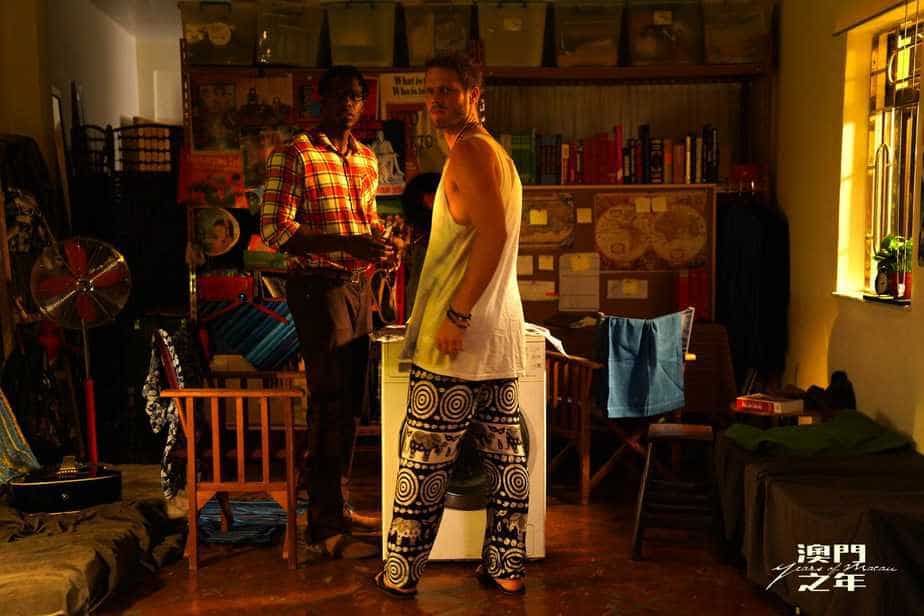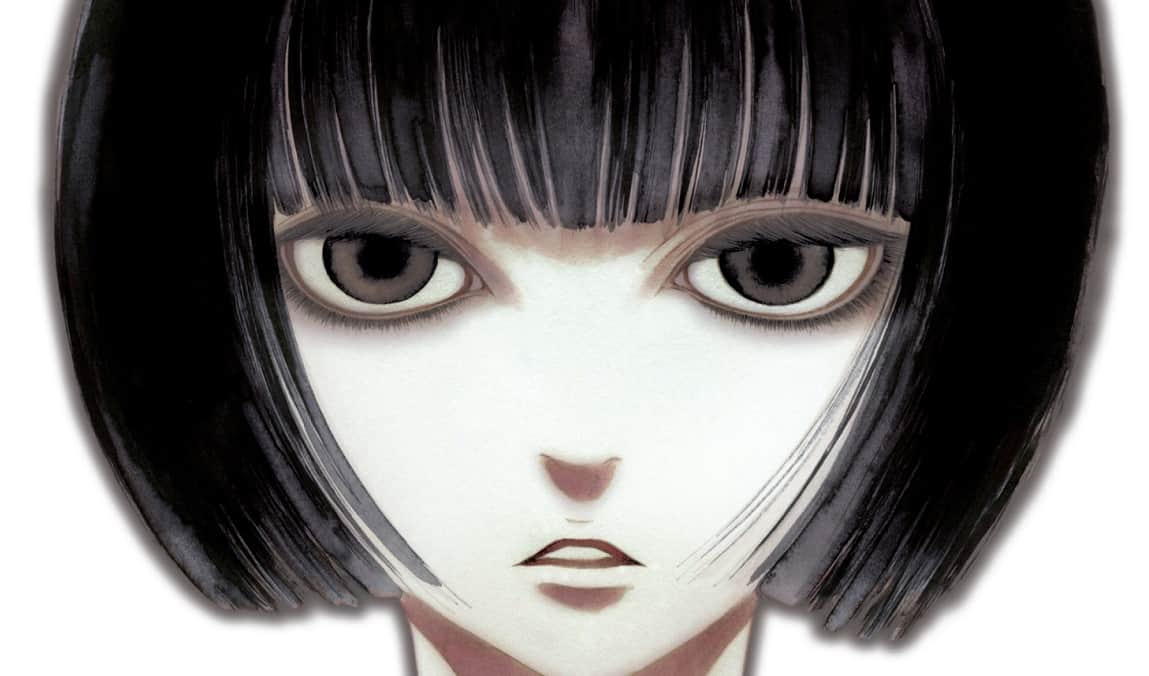Probably the most visited genre in the Japanese indie movie industry is the family drama, with a plethora of productions coming out from the country every year, sharing many similarities, particularly regarding the pace. In that regard, a large part of reviewing films in this category is aimed at finding if there is any element that will allow them to stand out. Let us see if Aya Miyazaki succeeded.
“Good-Bye” is screening at Osaka Asian Film Festival

The film revolves around Sakura Ueno, a young woman who lives in a suburban area with her mother and has just quit her job. Having almost no obligations and lots of free time, she agrees to work temporarily in an unlicensed nursery school, despite the fact that she has never worked with kids before. However, she finds herself smitten by them and particularly from Ai, a girl whose mother has left her and her father, Shindo, with the latter often coming up late to pick her up due to his work. Sakura feels a connection to the duo, for both the fact that they are a single-parent family and because she enjoys seeing Ai so close to her father, in contrast to her own life. As time passes and she comes even closer to them, something begins to change in her.
Aya Miyazaki directs a film that seems to comment on the dysfunctions of the contemporary Japanese families, and their consequences on the younger generations. Aya misses her father and this seems to be the main element of her character. Her refusal to grow up, being a bit spoiled by her mother, the connection she feels with Ai and Shindo, all seem to derive from that, as much as a depression that seems to dominate her everyday life. The film shows both this and the way Aya finally matures, while also focusing on the concept of “letting go”, both psychologically and practically, with the second aspect mostly deriving from her mother.
The somewhat detached approach Miyazaki has taken, however, dulls these comments, to the point that by the end, I felt confused regarding what the film is about or more precisely, what the exact comment is, with the finale heightening this sense even more.
On the other hand, the analysis of Sakura is quite thorough, presenting all the traits of her character very eloquently, in an aspect that also benefits the most by Mayuko Fukuda's fittingly measured performance, who manages to highlight all these aspects in the most eloquent way.
The cinematography is also good, with the framing and the lighting matching Sakura's psychological status to perfection. The editing follows the rules of the Japanese indie, with the pace being slow, allowing Miyazaki to explore her characters with patience.
“Good-bye” is definitely well shot and the overall portrayal of the main character is definitely interesting. In the end, though, I felt that something was missing, which probably has to do with the writing than anything else, although this could also be attributed to the just 66 minutes of its duration. Definitely deserves a watch though and personally, I would really like to see both Miyazaki and Fukuda exploring the issues presented here in a full feature.















